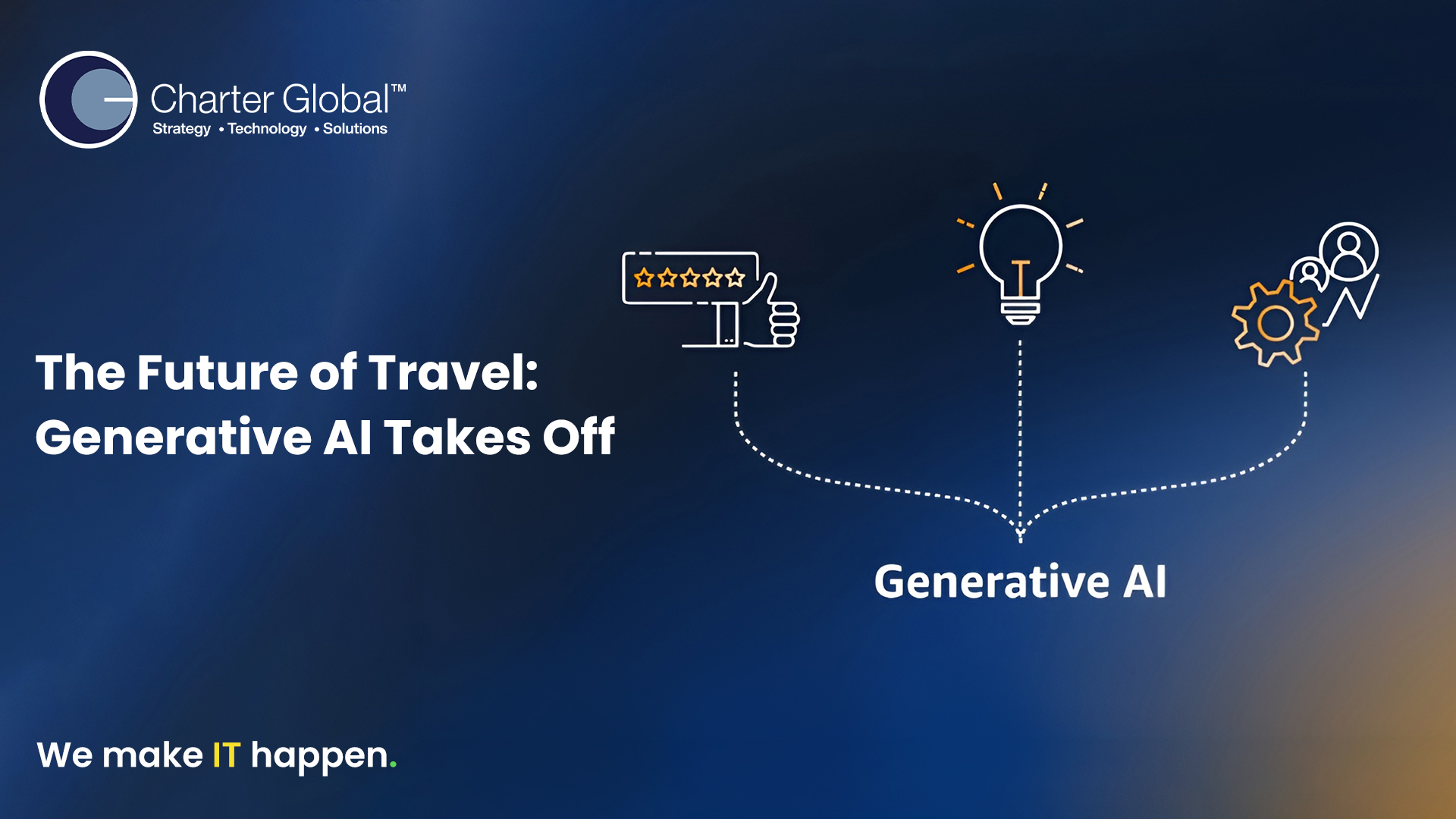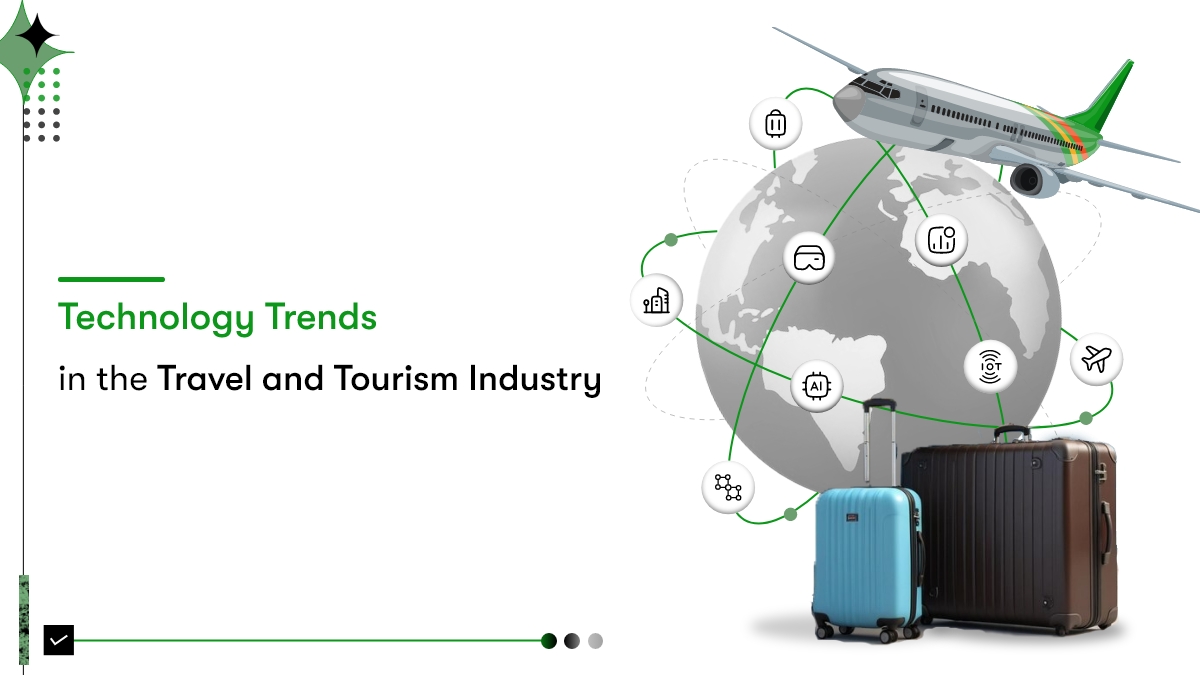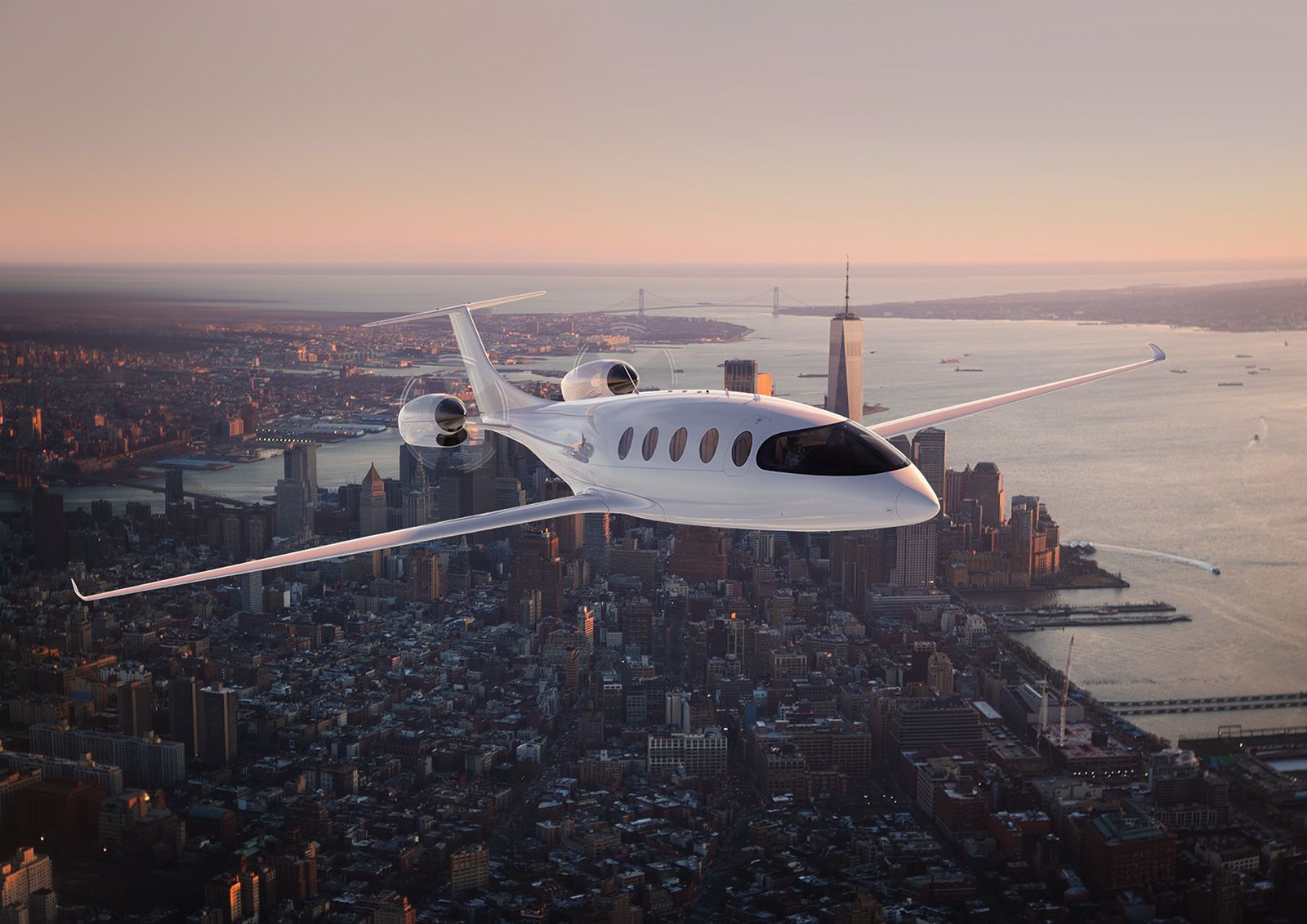The Future of Travel: How AI is Revolutionizing Your Journey from Planning to Booking

The travel industry stands at the precipice of a technological revolution. As we navigate through 2025, artificial intelligence (AI) is fundamentally transforming how we plan, book, and experience our journeys. From smart travel planning tools that craft personalized itineraries in seconds to AI-powered hotel booking systems that understand your preferences better than you do, the future of travel is here—and it’s more intelligent than ever before.
The Current State of Travel Technology
The travel landscape has evolved dramatically over the past few years. According to recent industry reports, 77% of global travelers plan to take the same or more international trips in 2025 compared to the previous year, despite rising costs and economic uncertainties. This persistent wanderlust, combined with technological advancement, has created the perfect storm for AI innovation in travel.
The average American travel budget for 2025 has nearly doubled to $10,244, with 79% of travelers actively budgeting for trips and 63% planning to use points or rewards to offset expenses. This economic reality has made efficiency and value optimization more crucial than ever—exactly where AI excels.
The Boomer’s Perspective: Embracing Efficiency and Value
For the optimistic traveler, AI represents the ultimate travel companion—one that never sleeps, never forgets, and always has your best interests at heart. Here’s why AI in travel is a game-changer for the better:
Unprecedented Personalization
AI systems analyze vast amounts of data to create hyper-personalized travel experiences. Unlike human travel agents who might remember your last conversation, AI remembers everything—your preferred airline seats, dietary restrictions, hotel room preferences, and even your tendency to book last-minute trips. This level of personalization means every recommendation is tailored specifically to you.
Modern AI travel planners like Trip Planner AI and Wonderplan can create comprehensive itineraries by analyzing your social media activity, past bookings, and stated preferences. They can suggest hidden gems in destinations, optimize routes for maximum efficiency, and even recommend local cuisines based on your taste profile.
24/7 Availability and Instant Responses
Gone are the days of waiting for business hours to make travel arrangements. AI-powered chatbots and virtual assistants provide round-the-clock service, handling everything from simple inquiries to complex multi-city bookings. These systems can process requests in over 100 languages, making international travel planning accessible to everyone.
Cost Optimization and Deal Discovery
AI excels at finding the best deals by continuously monitoring prices across thousands of platforms. Tools like Hopper use predictive algorithms to advise travelers on the optimal time to book flights, potentially saving hundreds of dollars per trip. AI systems can also identify “destination dupes”—less expensive alternatives to popular destinations that offer similar experiences at a fraction of the cost.
Seamless Integration and Automation
Modern AI travel systems integrate seamlessly with your digital life. They can automatically organize itineraries by pulling information from confirmation emails, sync with your calendar, and even adjust plans in real-time based on flight delays or weather conditions. This level of automation reduces travel stress and ensures you never miss important details.

The Doomer’s Perspective: The Dark Side of AI Travel
However, not everyone views AI’s integration into travel with unbridled enthusiasm. Critics and cautious observers raise several valid concerns about our increasing reliance on artificial intelligence:
Loss of Human Touch and Authentic Experiences
Travel has always been about human connections—chatting with locals, getting insider tips from hotel concierges, or having a travel agent who knows your family’s preferences. AI, despite its sophistication, cannot replicate the warmth, intuition, and genuine care that human service providers offer.
There’s also concern that AI-curated experiences might create a homogenized travel experience. When algorithms optimize for efficiency and popular preferences, they might steer travelers away from spontaneous discoveries and authentic local experiences that make travel truly memorable.
Privacy and Data Security Concerns
AI travel systems require access to vast amounts of personal data—your location history, spending patterns, social media activity, and travel preferences. Recent surveys show that 81% of consumers want to verify AI-generated information before acting on it, and 77% are uncomfortable sharing sensitive documents like passports with AI systems.
High-profile data breaches, such as the 2018 Cathay Pacific incident affecting 94 million records, highlight the risks of centralizing personal travel data. As AI systems become more sophisticated, they become more attractive targets for cybercriminals.
Over-Reliance and Reduced Travel Skills
As AI handles more aspects of travel planning, there’s a risk that travelers will lose essential skills—reading maps, navigating unfamiliar places, or problem-solving when things go wrong. This over-dependence could leave travelers helpless when technology fails or when they find themselves in areas with poor connectivity.
Job Displacement in the Travel Industry
The automation of travel services threatens employment in the industry. From travel agents to hotel receptionists, many roles are being replaced by AI systems. While this increases efficiency, it also contributes to unemployment and reduces the human expertise available to travelers who need personalized assistance.
AI Hallucinations and Misinformation
AI systems can generate convincing but incorrect information—a phenomenon known as “hallucination.” In travel, this could mean recommending non-existent restaurants, providing outdated visa requirements, or suggesting unsafe routes. The consequences of such errors can range from minor inconveniences to serious safety risks.

The Current AI Revolution in Travel: Real-World Applications
Despite the concerns, AI is already transforming travel in remarkable ways:
Smart Travel Planning Tools
Modern AI travel planners like Wanderlog, Layla AI, and Trip Planner AI are revolutionizing itinerary creation. These tools can:
– Generate personalized itineraries in minutes based on your preferences
– Optimize routes for time and cost efficiency
– Provide real-time updates and adjustments
– Facilitate collaborative planning for group trips
– Integrate with booking platforms for seamless reservations
AI-Powered Hotel Booking Systems
Hotel booking has been transformed by AI systems that offer:
– Dynamic pricing based on demand and market conditions
– Personalized room recommendations
– Automated customer service through chatbots
– Voice-activated booking systems
– Predictive analytics for optimal booking timing
Companies like Avvio, Booked AI, and SiteMinder are leading this revolution, handling millions of bookings annually while providing personalized experiences that increase customer satisfaction and hotel revenue.
Enhanced Customer Service
AI chatbots and virtual assistants are now handling up to 97% of routine customer inquiries, reducing response times and operational costs by up to 90%. These systems can:
– Process bookings and modifications 24/7
– Handle multiple languages simultaneously
– Provide instant answers to common questions
– Escalate complex issues to human agents when necessary
Travel Trends Shaping the AI Future
Several key trends are driving AI adoption in travel:
Experience-Driven Travel
Modern travelers prioritize experiences over possessions, with 82% of Millennials and Gen Z seeking unique, story-driven adventures. AI helps identify and curate these experiences by analyzing social media trends, local events, and personal preferences.
Sustainable and Climate-Conscious Travel
AI is helping travelers make more sustainable choices by:
– Recommending “coolcations” to avoid overtourism
– Optimizing routes for lower carbon footprints
– Identifying off-peak travel times to reduce environmental impact
– Suggesting eco-friendly accommodations and activities
Event-Driven Tourism
With 60% of travelers planning trips around entertainment or sports events, AI systems excel at identifying and booking around these experiences, often finding better deals and accommodations than traditional methods.

The Road Ahead: Balancing Innovation with Human Values
As we look toward the future of AI in travel, the key lies in finding the right balance between technological efficiency and human values. The most successful implementations will be those that:
Enhance Rather Than Replace Human Interaction
The best AI travel systems will augment human capabilities rather than replace them entirely. This means using AI for data processing and routine tasks while preserving human expertise for complex problem-solving and personalized service.
Prioritize Transparency and Control
Travelers should understand how AI systems make recommendations and have control over their data. Transparent algorithms and clear privacy policies will be essential for building trust.
Maintain Flexibility and Spontaneity
While AI excels at optimization, the best systems will also preserve opportunities for spontaneous discovery and authentic experiences that make travel memorable.
Focus on Accessibility and Inclusion
AI has the potential to make travel more accessible to people with disabilities, language barriers, or limited travel experience. However, this requires intentional design and ongoing attention to diverse needs.
Practical Tips for Travelers in the AI Age
Whether you’re a tech enthusiast or a cautious adopter, here are some practical tips for navigating AI-powered travel:
For the AI Optimists:
- Experiment with multiple AI tools to find the ones that best match your travel style
- Verify AI recommendations with additional sources, especially for safety-critical information
- Use AI for research and planning, but remain open to spontaneous discoveries
- Take advantage of AI’s 24/7 availability for last-minute changes and support
For the AI Skeptics:
- Start small by using AI tools for simple tasks like price comparison
- Maintain backup plans and traditional booking methods
- Protect your privacy by reading terms of service and limiting data sharing
- Keep essential travel skills sharp by occasionally planning trips without AI assistance
Conclusion: The Future is Collaborative
The future of travel lies not in choosing between human expertise and artificial intelligence, but in finding ways for them to work together. AI excels at processing vast amounts of data, identifying patterns, and optimizing for efficiency. Humans excel at creativity, empathy, and adapting to unexpected situations.
The most successful travel experiences of the future will combine AI’s computational power with human wisdom, creating journeys that are both efficiently planned and authentically meaningful. As travelers, our role is to embrace the benefits of AI while remaining mindful of its limitations and the irreplaceable value of human connection.
Whether you’re a boomer excited about AI’s potential or a doomer concerned about its risks, one thing is certain: the travel industry is changing rapidly, and those who adapt thoughtfully will be best positioned to enjoy the incredible journeys that lie ahead.
The question isn’t whether AI will transform travel—it already has. The question is how we’ll choose to use these powerful tools to create better, more meaningful travel experiences for everyone.
What are your thoughts on AI in travel? Have you used AI tools for trip planning or booking? Share your experiences and let us know whether you’re more of a boomer or doomer when it comes to travel technology!




